Traditional desk phones have long had a place in almost every office space around the world. But their reign may well be coming to a close with the rise of a new business trend known as Bring Your Own Device, or BYOD. Many companies are allowing employees to carry out their work from their own laptops, smartphones and tablets rather than company-provided technology, a practice with many advantages, that can be very suitable for the right organisation. With the introduction of VoIP and BYOD, many of the things that office phones used to be necessary for – even conference calling – could easily be carried out from employees’ own devices. If you’re thinking about adopting this trend in your own work space, there are some things to consider in your decision-making.
Familiarity
Firstly, employees tend to be much happier working from their own devices. Satisfied employees generally lead to increased productivity and a better working environment. What’s more, people frequently work more easily and competently from their own devices, as opposed to those provided by the company, as they have a much greater understanding and experience of how to use them. Again, this will mean that more work is produced more quickly and of a better quality, a sure benefit for your business.
Cost savings
Of course, there’s also the obvious bonus of greatly reduced costs. Your company would no longer have to shell out to provide each employee with the necessary technology, saving your business thousands of pounds. Even better, maintenance costs would likely be greatly reduced, as people would take a greater responsibility of looking after their own devices, and getting them repaired themselves. The pressure of trying to keep up with the rapidly developing world of technology would be hugely alleviated for you, as employees could choose to update their own devices whenever suited them.
Security
However, there are also problems that can be created by employing BYOD. It can be very risky, as employees losing their personal devices could mean sensitive company data reaches the wrong hands. Integrating and supporting a large range of employee devices can also be difficult, complicated and costly.
Still, as long as you ensure important data is properly protected, the benefits of BYOD could greatly outweigh the disadvantages for your business. Replacing office phones with mobiles may be the step your company needs into the future.




